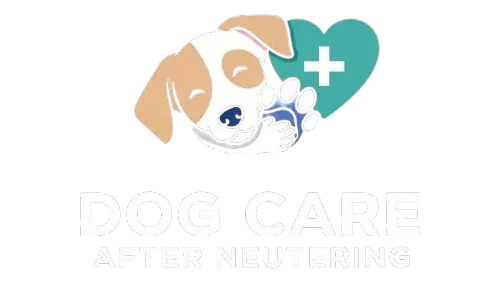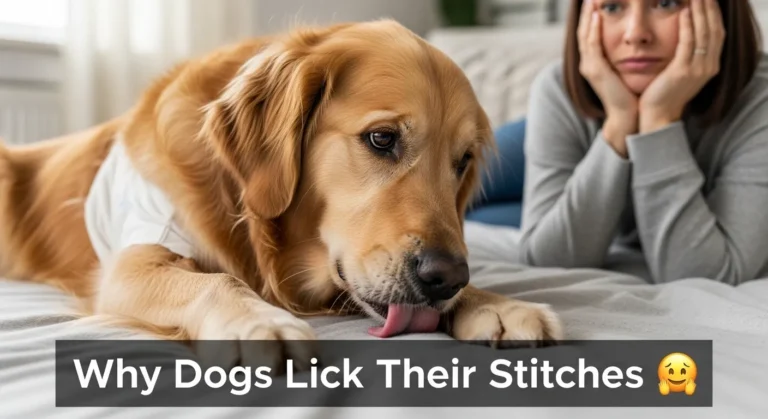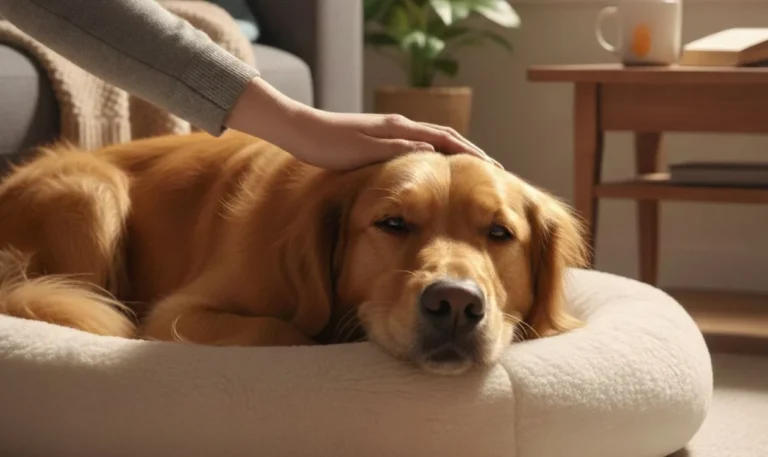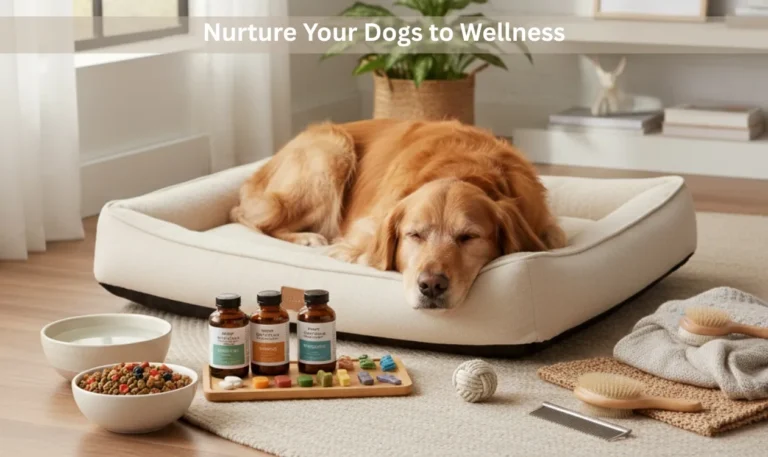The 9 important things to do after neutering to make your dog hydrated and healthy
Keep your dog hydrated and healthy after neutering with simple steps like soft foods, hydration boosters, clean water, and safe recovery habits for faster healing.
Having a watered down dog will be one of the most significant aspects of recovery following neutering. When the body is hydrated properly, it is able to control body temperatures, organ functions, and it also accelerates healing. Nonetheless, numerous dogs can consume less water following the surgery due to the influence of anesthesia, suffering, or stress.
By properly hydrating the dog, it will recover more quickly, become more excited, and prevent post operative complications. Using a couple of clever hydration hints, you can make sure that your dog will be cooler and will be able to recuperate without dehydration problems and digestive complications. For more detailed tips, explore our complete guide on dog care.
Hydration Tips After Neutering
Neutering exposes your dog’s body to physical strain, and hydration is crucial for recovery. Water helps remove the remnants of anesthesia and supports proper kidney function. It also aids in cell repair, helping your dog heal cleanly from surgical wounds. Adequate hydration also maintains osmolarity the balance of fluids and dissolved substances in the body essential for recovery
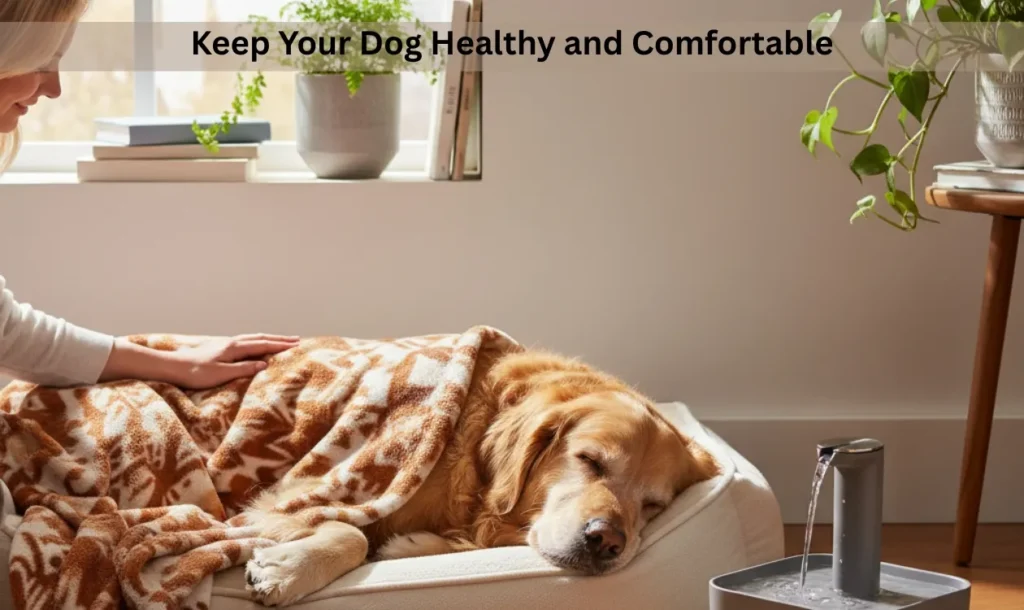
On the other hand, dehydration may make recovery slow, give rise to fatigue, gums become dry, and the patient loses appetite. That is why it is necessary to monitor the amount of water your dog consumes after the surgery to ensure the process goes smoothly.
Why Hydration Is Crucial After Neutering
It is normal that your dog may develop a tendency of drinking less water during the first 12-24 hours after surgery. They ought to normalize their drinking habits slowly once they are alert. Dogs require approximately 1 pound of water every day on average.
Keep a clean bowl of water nearby and monitor your dog’s intake. If your dog refuses to drink for more than a day or shows signs of dehydration such as sunken eyes or a dry nose contact your vet immediately. These symptoms may indicate hypovolemia a decreased volume of circulating blood, often caused by fluid loss
How Much Water Should Your Dog Drink After Surgery
In some instances, dogs lose interest in water when they have undergone surgery because they feel discomfort or lack appetite. To promote drinking, one can drink a lot of fresh water or drink little water but add low-sodium water chicken broth to it. The aroma and taste will be able to seduce your dog to have more to drink.
An automatic pet water fountain can also be tried. Flowing water is very likely to come up and attract dogs. The water bowls should always be situated in some calm areas that the dog feels at ease with.
Encouraging Your Dog to Drink More Water
Food is one of the effective methods of increasing hydration. Soft and wet meals are easy to digest and rich in water. Wet dog food, plain boiled chicken with broth, or a rice and pumpkin purée mixture can naturally boost hydration. Such moisture-rich meals also support electrolyte balance the proper level of minerals needed for healthy hydration
Another excellent idea is to add a spoonful of water in the kibble to dry it. It mollify the texture and it becomes easier to consume as well as intake more water. Only make sure that the meal is not too wet.
Hydrating Through Food: Wet Meals and Broths
It is important to realize the symptoms of dehydration at the earliest stage to avoid complications. Symptoms that are common are the dry gums, lethargy, loss of skin elasticity, or panting without exercise. When you pinch the skin of your dog, and it does not spring back fast, then it may be on its way to dehydration.
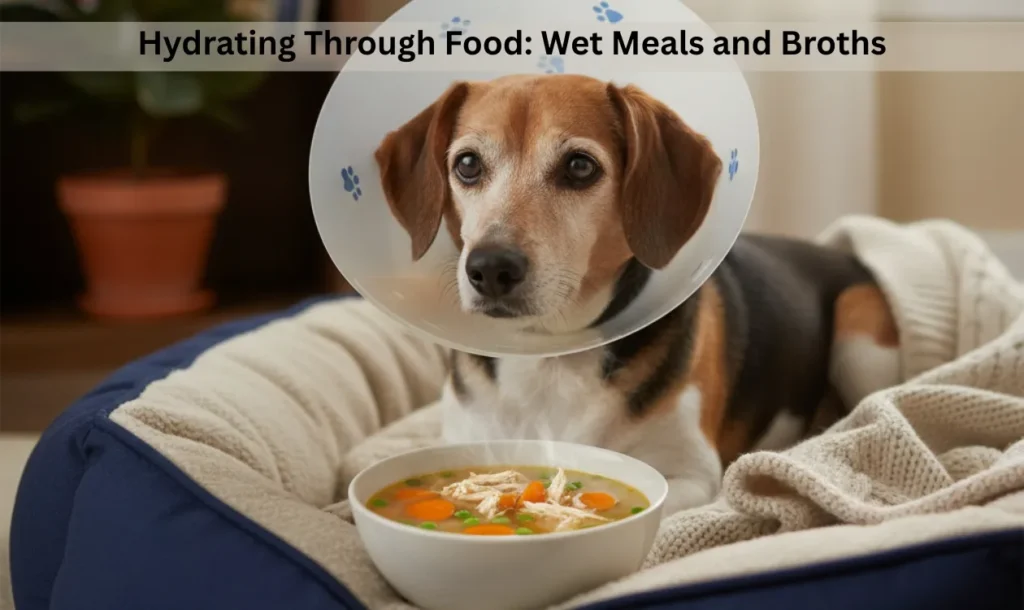
In worse circumstances, you can observe dark yellow urine or you can see that your dog does not want to eat or drink anything at all. In case any of them happens, consult the veterinarian immediately and require fluids or additional examination.
Signs of Dehydration After Neutering
In case your dog does not like drinking, you can give ice cubes or ice cream. Ice cubes are also a good and harmless method of getting more hydration, and calming the mouth of your dog. You may also freeze diluted chicken broth or plain water in cubes to be used on top of it.
Also, frozen treats can help minimize swelling after surgery and make your dog more comfortable. Just ensure you do not give large pieces, as they can be a choking risk. Watch your dog closely when they are eating their cool treats. The cold sensation can also reduce oedema the buildup of fluid that causes swelling after surgery.
Using Ice Cubes and Frozen Treats for Hydration
Although hydration is necessary, do not go too far with it. When there is an excess of water at once, it may cause vomiting, or stomach depression, and that this is the case when your dog has just been anesthetized. Giving water in bits and bits throughout the day would help to prevent filling the bowl to the capacity at a time.
It is important to enable your dog to take a rest after taking some drink and avoid over activity at least within one week after the surgery. Hydration, along with rest, can contribute to the preservation of energy levels, as well as decrease the workload on injured tissues.
Balancing Hydration With Rest
In other instances, your vet may prescribe electrolyte-fortified fluids, especially when your dog has suffered blood loss or is severely dehydrated. These solutions help replenish lost salts and minerals, allowing the body to heal faster. Such treatments play an important role in ensuring a healthy recovery for dog after surgery.
But do not use human electrolyte drinks without the vet checking them because some of them have dangerous ingredients such as sugar or artificial flavouring. Under no circumstances should professional advice be ignored since it will help in maintaining safety and effective hydration.
Electrolyte Solutions for Extra Support
It is also important that your dog adheres to good hydration habits once he or she is completely recovered. Ensure there are several water stations around your house particularly when the weather is warmer. Wash bowls on a daily basis to avoid the accumulation of bacteria.
Water breaks after exercise, play, or meals should be encouraged. In the long run, a regular hydration habit not only aids in the recovery process but also improves overall health, digestion, and energy levels. Proper hydration also supports metabolic function the body’s chemical processes that keep it healthy and energized
Maintaining a Hydration Routine Long-Term
One of the easiest and best practices to keep your dog hydrated is to monitor its water consumption post-neutering, as this would help to make the process recovery-free. Record the frequency of drink and the quantity of drink that your dog drinks on a daily basis. When you realize that there is an abrupt change in drinking, then it can be an indication of discomfort, nausea or dehydration. This can be corrected in time to avoid additional complications.
It is easier to monitor using a marked measuring bowl or measure intake using a pet water dispenser. It is also good to monitor the drinking habits of your dog, to detect any change in time. Proper hydration is beneficial to digestion, cleansing of the body of toxins as well as keeping the body temperature at its normalcy – all of which are paramount to an easy recovery procedure after surgery.
FAQs: your dog hydrated & healthy
Final thoughts
Ample hydration is the key to the recovery of your dog after neutering. Following the monitoring of water consumption, using hydrating food sources, and introducing frequent but small sips, you can make the process of medical healing of your dog easier and more comfortable.
It is always good to remember that a healthy dog is a hydrated one. These hydration tips will allow you to help your furry friend recover fast and be a happy, active, and lively animal with these hydration tips, even after neutering.
